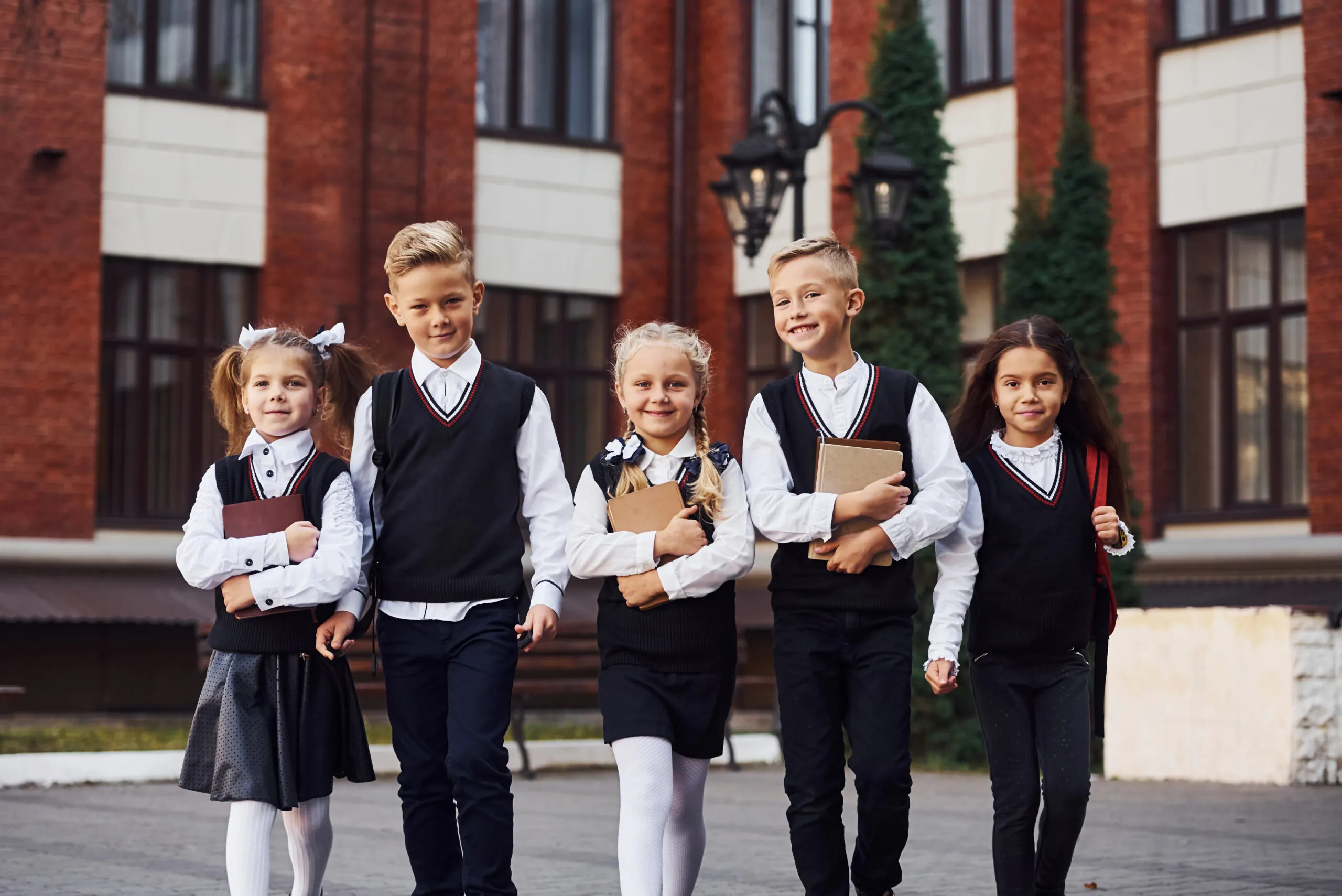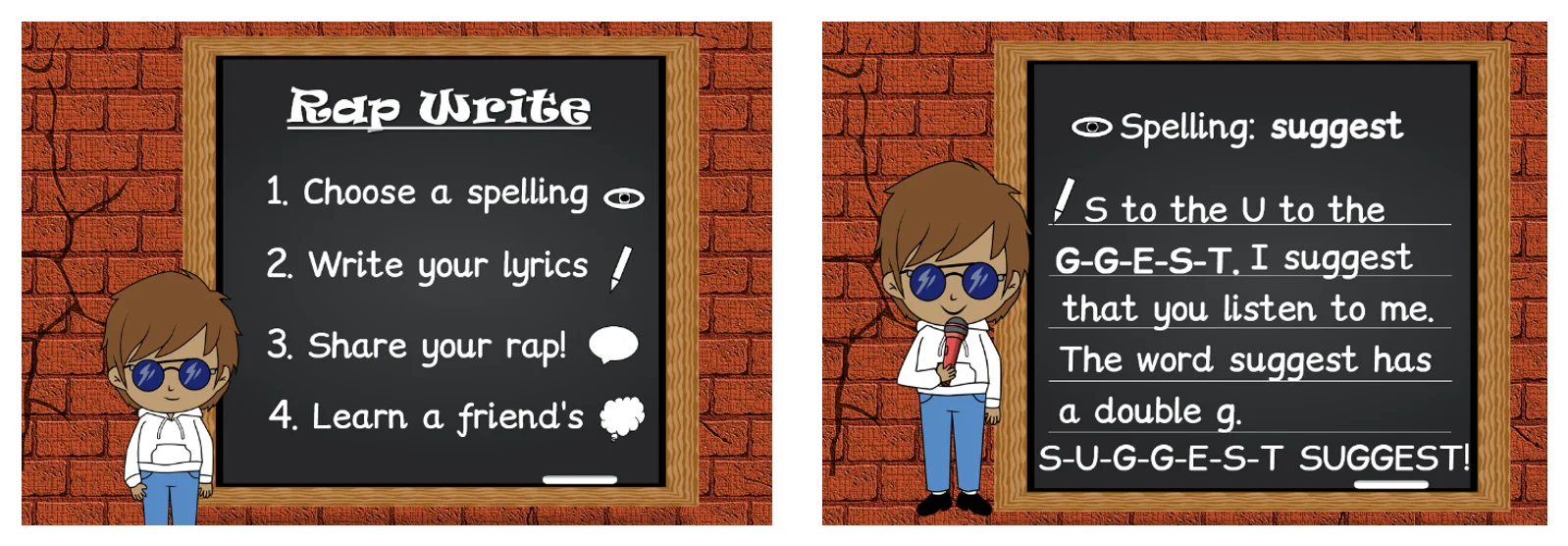

Many of us tend to draw upon our own childhood experiences or recall practices observed during our training and Early Career Teacher (ECT) days. But do these methods hold any proven efficacy? In this blog, we aim to document some strategies that we’ve seamlessly integrated into our Superhero Spelling approach. Feel free to share your own ideas with us on social media; we’re eager to kickstart a meaningful dialogue.
One technique we’ve found effective is encouraging children to write the word in various styles, incorporating colour, shape, size, and images to make it more memorable. Let me illustrate this with an example below.

Another successful approach involves pyramid writing. This technique prompts children to break down the word as they construct a pyramid. To enhance engagement, we suggest incorporating coloured boxes into the process.

Adding a musical twist, we found that using rap to sound out statutory words can create a more multi-sensory experience, engaging both voice and movement. Actively exploring the patterns and rhythms of words may create a more accessible and memorable learning journey. 
Providing children with specific spelling rules helps to create a sense of structure. Of course, there are always exceptions, but identifying common themes can be useful for building up a foundation from which to build upon.
It’s interesting to consider how we might frame spelling lessons as creative experiences. Play is a fundamental element of learning, one that is often lost as children progress to KS2. Providing opportunities for children to ‘play’ with words can encourage deeper, more meaningful engagement and create a personal and more memorable experience. Some more ideas for a creative approach to spelling might be:
Creative approaches allow us to build on and incorporate more common strategies found in our classrooms presently such as:
The Superhero Spelling KS Programme (www.superherospelling.com) does cover Statutory words a great deal and we are looking for ideas to develop memory retention of these words and all target words. To further support our efforts, we’ve compiled a set of resources including spelling activities and cursive handwriting sheets on these important words. As we continue to refine our methods, we’re eager to explore additional ideas. We invite passionate KS2 teachers to connect with us and contribute to the ongoing conversation.
Get in touch: [email protected] or find us on social media and LinkedIn: @SuperheroSpelling
Register
To get access to our FREE samples.